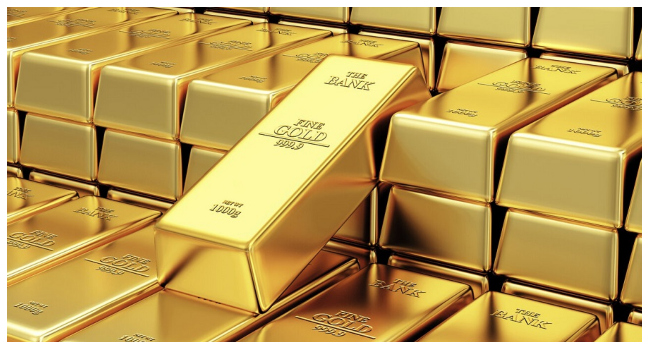Gold prices have surpassed the $4,000 mark for the first time, driven by investor demand for safe-haven assets amidst expectations of US interest rate cuts and concerns over the US government shutdown. The precious metal’s rally is also attributed to worries about the tech-fuelled equity market rally, which has raised concerns about an asset bubble.
The gold price surge has been ongoing throughout the year, with a more than 50% increase since the start of the year, due to global economic uncertainty, trade wars, and geopolitical crises. Recent political turmoil in France, where the prime minister resigned, has further boosted gold’s appeal. On Wednesday, gold climbed to a high of $4,006.68, while silver approached its own record high.
The US government shutdown is contributing to investor unease, with key economic data, including job numbers, being postponed. This is complicating the Federal Reserve’s decision-making process on interest rates. According to Taylor Nugent at National Australia Bank, “The rapid rise in gold prices has been supported by rising inflows into exchange-traded funds and central bank buying, including solid demand from China, as gold benefits from political, economic, and inflation uncertainty.”
In contrast, equity markets in Asia were more subdued, with questions being raised about the massive investments in artificial intelligence. A report on Oracle’s lower-than-expected cloud computing profit margin led to a decline in all three major indexes on Wall Street. Stephen Innes of SPI Asset Management noted, “In a market priced for perfection, any delay in cash flow — even a temporary one — feels like the bartender calling ‘last call’.”
Tech firms, which have experienced strong buying this year, led the selling in Asia, with Hong Kong and Taipei being among the biggest losers. Tokyo’s market was marginally higher, thanks to optimism about the potential for stimulus measures and monetary easing under the new ruling party leader, Sanae Takaichi.
Key market figures at around 0230 GMT included the Tokyo Nikkei 225 index being flat at 47,965.29, while the Hong Kong Hang Seng Index fell 0.7% to 26,764.89. The euro/dollar exchange rate decreased to $1.1636 from $1.1652 on Tuesday, and the pound/dollar exchange rate declined to $1.3407 from $1.3422. West Texas Intermediate crude oil rose 0.7% to $62.18 per barrel, and Brent North Sea crude oil increased 0.6% to $65.87 per barrel.
The gold price surge and equity market developments are significant, as they reflect investor sentiment and concerns about the global economy. As the US government shutdown continues and interest rate decisions loom, market volatility is likely to persist, making it essential for investors to closely monitor developments and adjust their strategies accordingly.
